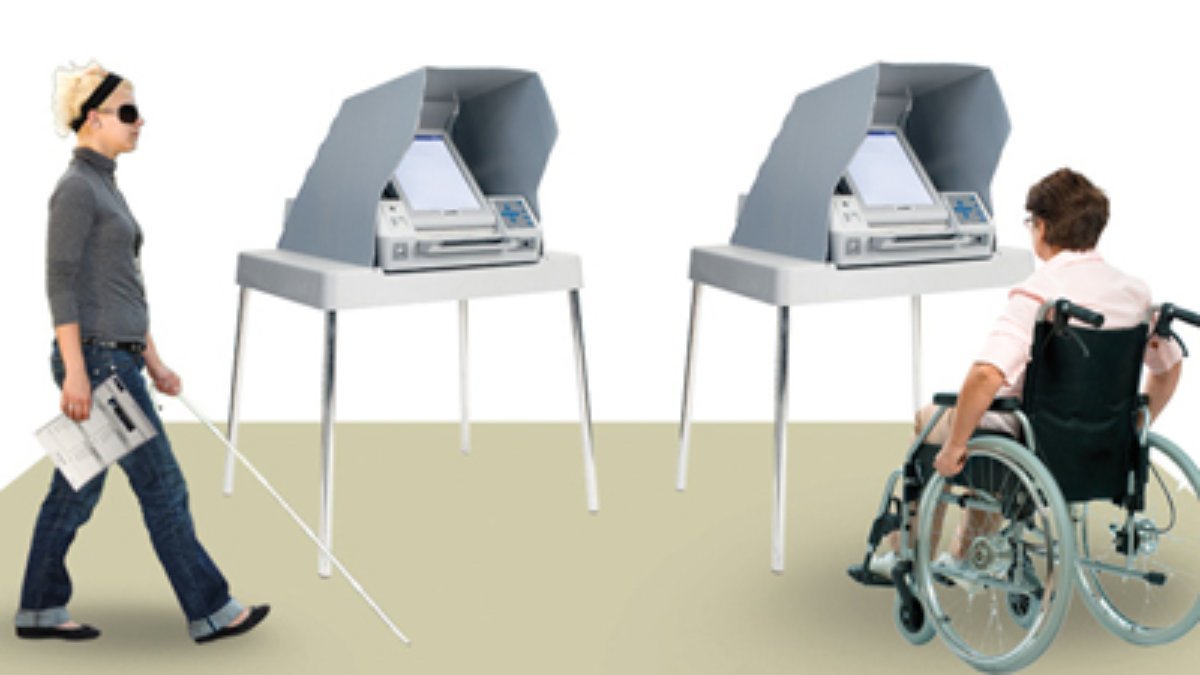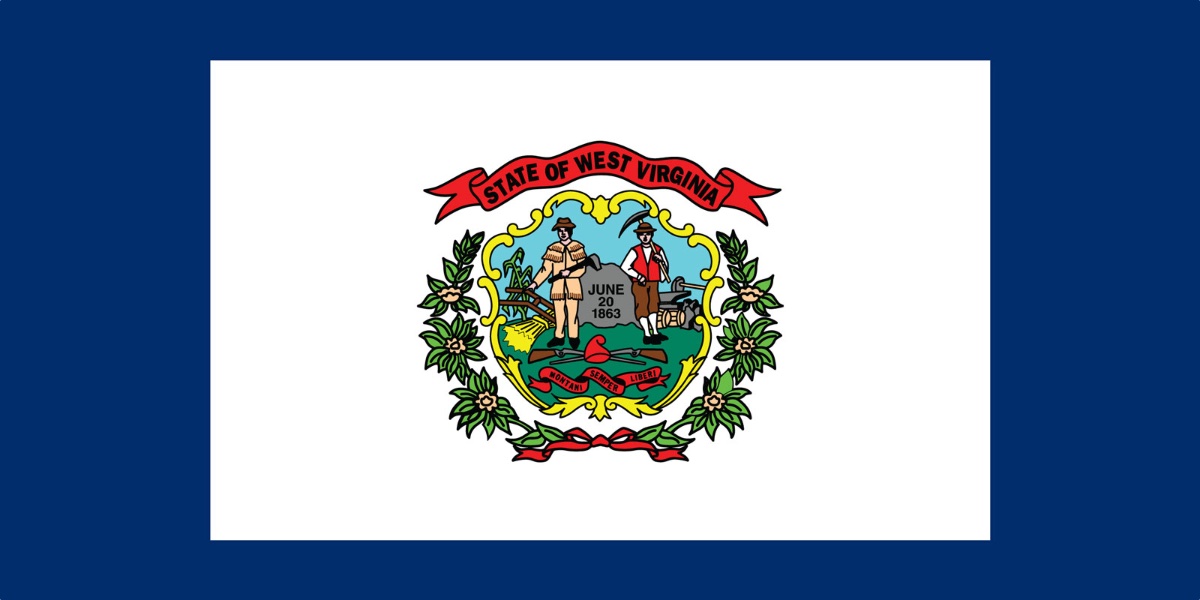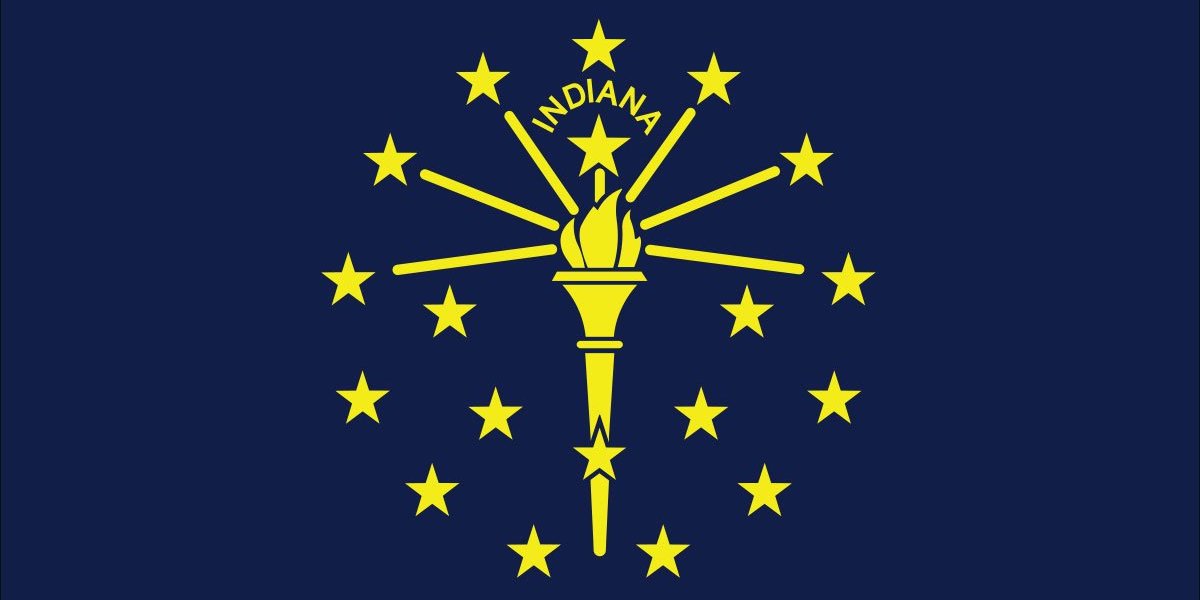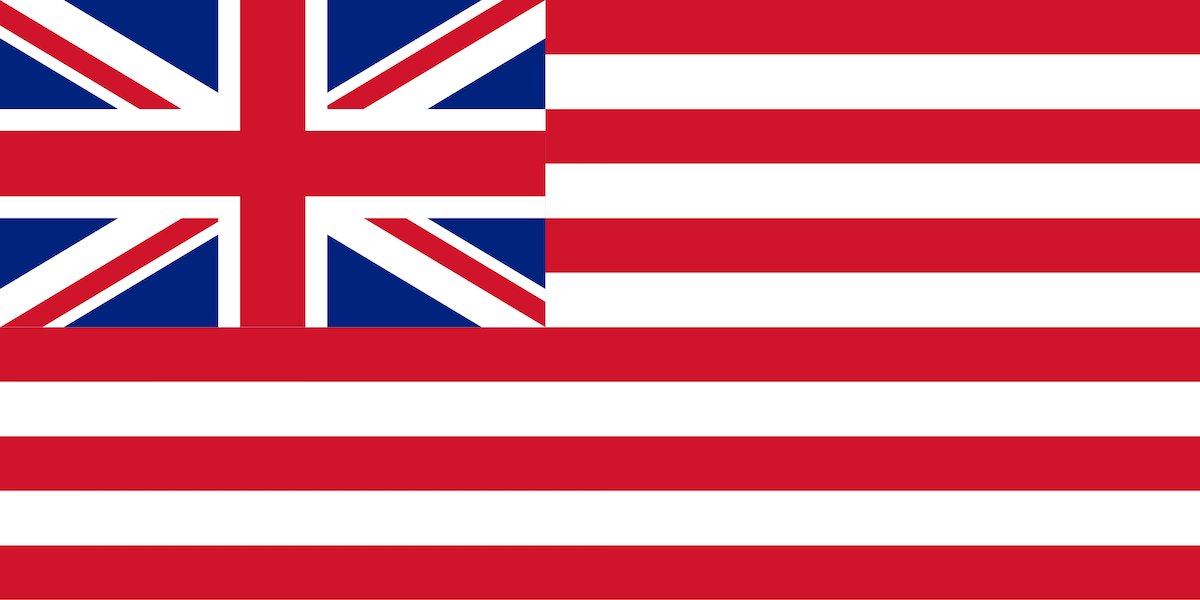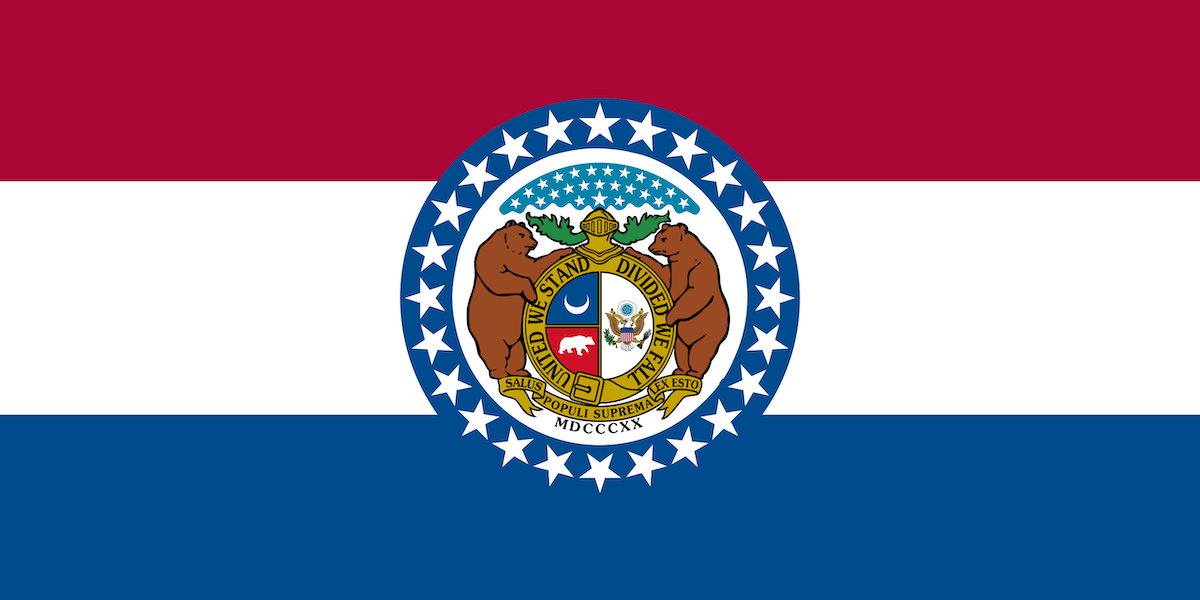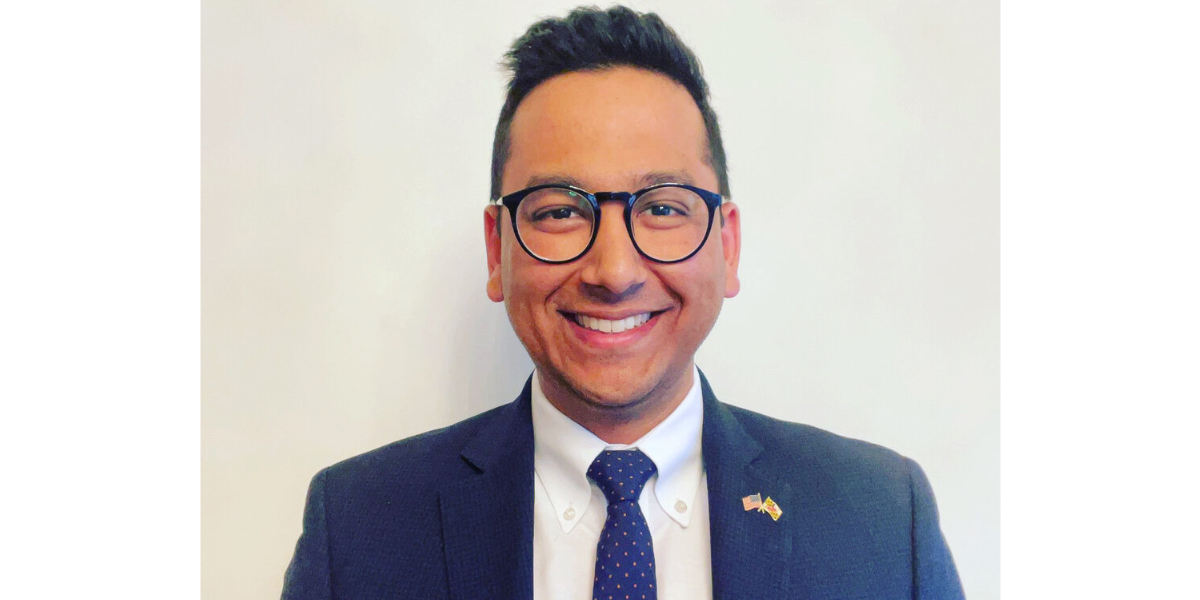Washington, D.C., November 26 – This past month, the National Institute of Standards and Technology (NIST) released a draft copy of their report looking at barriers and accessibility for voters with disabilities. In response to this meeting, RespectAbility, a national, non-partisan nonprofit organization, submitted a short letter and detailed data on where things stand for voters with disabilities after the 2020 election and looking ahead to the 2022 election cycle.
“Our past voter survey work shows that 74 percent of likely voters are touched by disabilities,” said former Rep. Steve Bartlett, who was a primary author of the Americans with Disabilities Act of 1990 and is the immediate past Chairman of RespectAbility. “Candidates for office ignore the disability community at their peril. Some of the closest elections in recent years have been won by candidates who reached out to voters with disabilities. Glenn Youngkin did it in Virginia, Steve Daines did it in Montana, just as President Biden, and Senators Jon Ossoff and Raphael Warnock did in Georgia. All of them made their campaigns accessible to voters with disabilities.”
Earlier this year, the Biden Administration released Executive Order 14019. This E.O. directed key federal agencies to dig into issues of “difficulties with voter registration, lack of election information, and barriers to access at polling places.” Looking closely at supporting voting access for communities of color and citizens with barriers to voting, such as disabilities, this Executive Order prompted the National Institute of Standards and Technology (NIST) solicited online, public feedback from constituents across the country.
